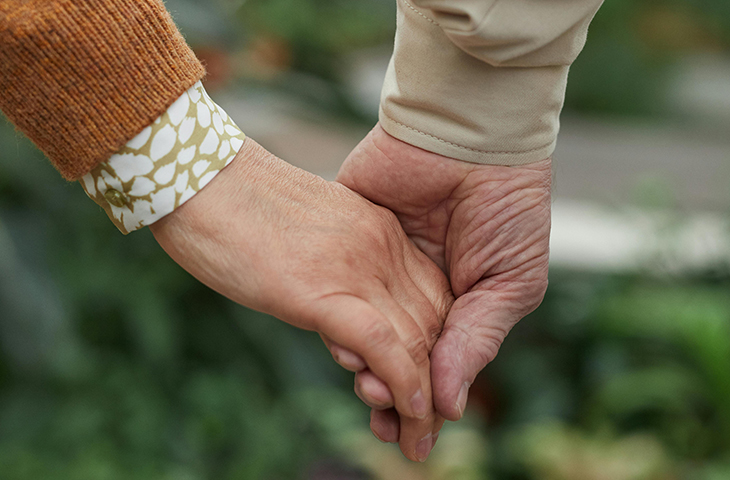Mental Health And Hiv In Teens: Strategies To End Stigma And Discrimination

This article commemorates World AIDS Day on December 1.
The UNAIDS report shows that Indonesia recorded 540,000 HIV cases as of 2023. That year saw a record high of 57,299 new HIV cases, with 5.5% (3,151) of these cases affecting adolescents aged 15-19.
Adolescents with HIV are at an increased risk of developing mental health disorders, such as depression, anxiety, and post-traumatic stress disorder (PTSD). These issues often stem from the emotional turmoil they experience, including feelings of disappointment, sadness, and anger as they struggle with accepting their HIV-positive status.
HIV can profoundly influence the way adolescents think, behave, and interact with others—whether with family, friends at school, or the wider community. They might draw back from others, become reluctant to talk to anyone, become more selective about who they hang out with, and in some cases, think about ending their life.
Factors affecting the mental health of adolescents with HIV
The World Health Organization (WHO) reveals that HIV isn’t the only contributor to the deterioration of mental health of adolescents living with the virus.
Other factors, such as family issues and social environment which can lead to stigma and personal anxiety, can actually worsen the problems.
1. Stigma and discrimination
In Indonesia, approximately 50% of people living with HIV (PLHIV) face discrimination in community settings, schools, and healthcare. Around 68% also experience discrimination from their families and close friends.
While stigma and discrimination around PLHIV are common, our research in Indonesia suggests that these experiences can worsen the mental health challenges faced by adolescents living with the infection.
2. Family conditions
Family situations play a significant role in the mental health of adolescents living with HIV in Indonesia.
Growing up in a broken home or a family with underlying conflict, for instance, makes it harder for them to effectively manage their lives. Also, a lack of support from parents or family members—who may be physically or emotionally absent—can leave them feeling isolated and lonely.
3. Personal anxiety
Adolescents living with HIV also frequently grapple with concerns about how their status might impact their lives. They often anticipate negative reactions towards their HIV status such as rejections in relationships, limited educational opportunities and reduced job prospects. These worries can have an even more negative impact on their mental health.
Must involve coordinated efforts
Reducing the risk of mental health problems in adolescents with HIV requires coordinated efforts from families, communities, NGOs, and the government.
1. HIV education for families
Family members, especially parents, play a key role in meeting the emotional needs of adolescents with HIV. This highlights the importance of HIV education for parents from the government and NGOs. An effective strategy to provide HIV education for parents is by encouraging them to participate in HIV programs at schools and local community activities.
HIV education should also be part of school curriculum and community activities so it reaches wider communities, including other family members. This can contribute to preventing the risk of family rejection and creating a supportive environment for adolescents living with HIV.
As the saying goes, it takes a village to raise a kid, parents need support from other parents, the government, and NGOs to raise their children who live with HIV.
2. Neighbourhood initiatives
Neighbourhood efforts are crucial in reducing stigma against adolescents with HIV. The neighbourhood can work together to change negative attitudes toward people living with HIV. This can be achieved through the encouragement of open discussions about HIV and promoting health awareness to prevent its transmission. Neighbourhood efforts include initiating HIV campaigns and sharing information about discriminatory and stigmatising attitudes and behaviours, as well as their impact on people living with HIV.
3. Expand counselling services
NGOs need to expand counselling services and peer support groups for adolescents with HIV. One effective approach to do this is by partnering with schools to ensure that students living with HIV can participate in the learning process without encountering stigma or discrimination.
4. Strengthen policies
The Indonesian government must strengthen policies to protect adolescents living with HIV from stigma and discrimination, particularly in schools and healthcare facilities.
Funding for HIV programs should also be increased to raise public awareness about HIV.
The challenges of stigma, discrimination and psychological burden of living with HIV can hinder adolescents emotional wellbeing. The government, NGOs, families, and communities need to work together to eliminate stigma and discrimination against PLHIV so they can thrive and have the same opportunities as those without HIV.
Para penulis tidak bekerja, menjadi konsultan, memiliki saham atau menerima dana dari perusahaan atau organisasi mana pun yang akan mengambil untung dari artikel ini, dan telah mengungkapkan bahwa ia tidak memiliki afiliasi di luar afiliasi akademis yang telah disebut di atas.


